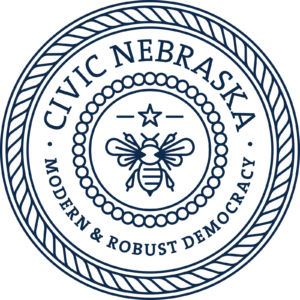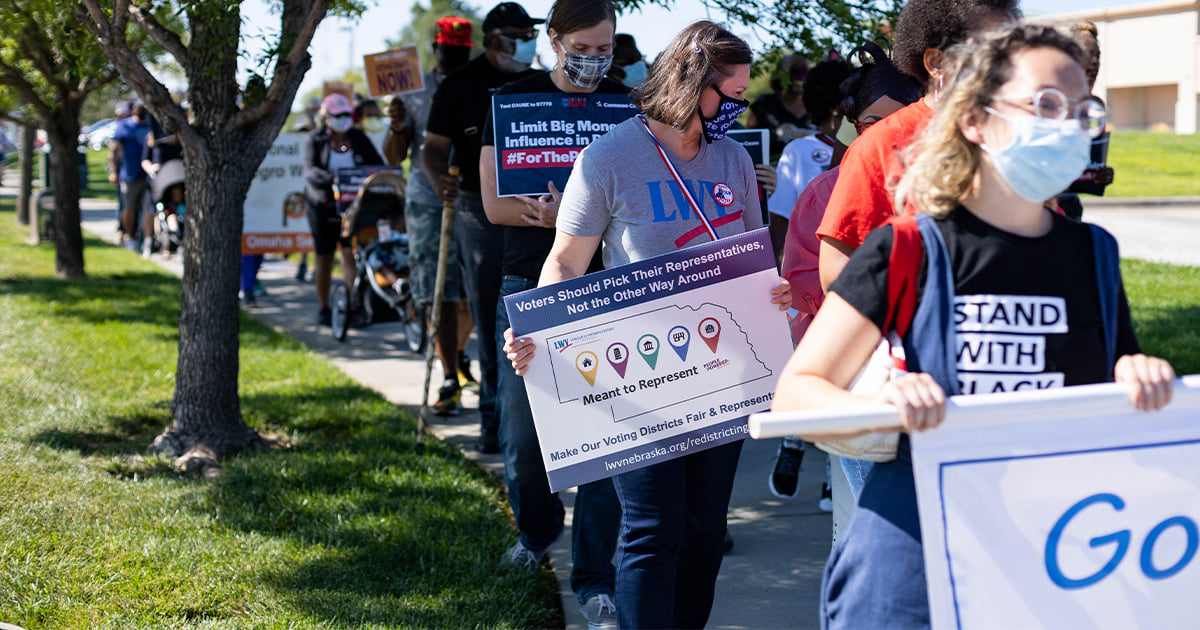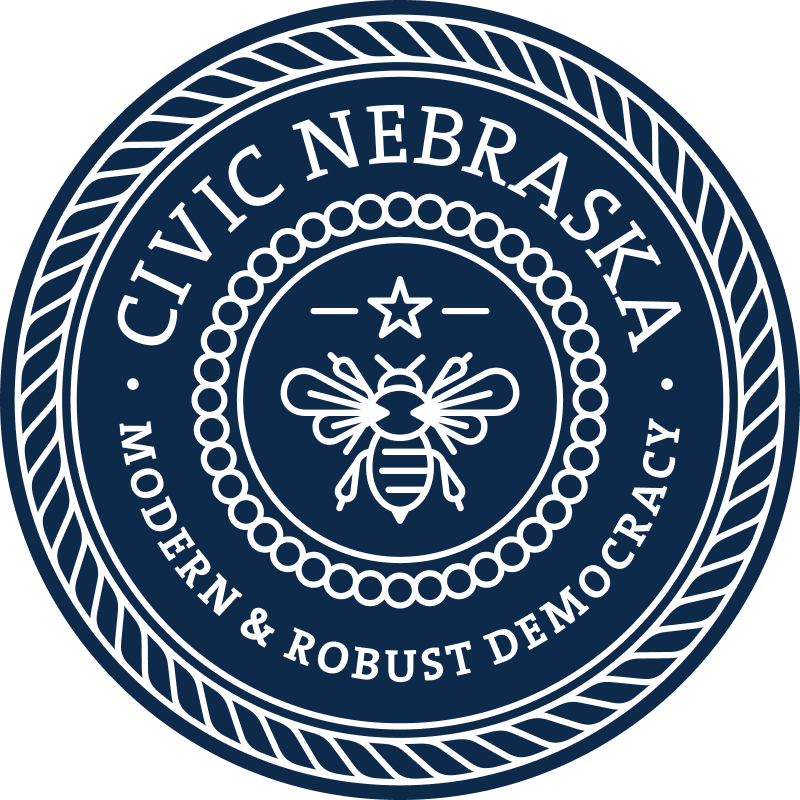“Democracy is not a spectator sport.” That’s a popular saying among activists and advocates, regardless of where they are on the political spectrum. In other words, we get out of democracy what we put into it. If we sit back and rely on others’ time, talent, and treasure to shape our shared society, we surrender our ability to co-create our shared democratic reality. But by stepping into the public square, by joining other active and engaged citizens, we forge bonds and continually connect in pursuit of substantive change. Through these contacts, we become advocates in creating, constructing, and protecting our civic society.
So, it’s probably more accurate to add a line to that popular saying: Democracy is not a spectator sport, it’s a contact sport.
As Americans, we have a tradition of activating and advocating for our beliefs. This has taken many forms, from sit-ins and boycotts to marches and vigils, from speeches to public art and performances. These traditions are enshrined in our founding doctrine, which bestows upon us the rights and responsibilities to participate with purpose – out in the open – and inspire others to join in. Public activism is a time-honored building block of America.
These democratic activities charge us with civic power. They confirm to us that others in our community see the world as we do. By speaking our truths and bearing witness, we contribute to a sense of being part of something larger than ourselves. Collective action is a powerful bonding agent; our public participation in movements, marches, and organized dissent sustains long-term momentum for our chosen cause. It transforms us from casual participants to lifelong activists.
These pursuits have more urgent purposes, of course. At their core, they are a straightforward demand for change. They’re a loud cry for a wider understanding of an issue, a call to right a wrong or a series of wrongs. They don’t only draw power from their numbers but from urgency. Someone just learning of the issue at hand for the first time may see a protest, march, or performance and ask: What prompted so many people to show up, and why today? Demonstrations that convey that the issue at hand is so urgent that the time for idleness is over often leads to larger conversations, which can then lead to lasting and meaningful change.
You might be thinking: I thought that was what voting was for. You’ll get no argument here about the importance of casting ballots as a direct and potent way to affect change. Voting is fundamental to democracy. It’s also a natural progression from being a casual participant to an engaged activist to a lifelong voter.
While protests tend to emerge when Americans feel their voices are not being heard and urgency demands we cannot wait for the next Election Day, channeling street-level activism into electoral power is a key step to breakthrough change. Steadily and surely, social movements change the status quo.
“Power concedes nothing without a demand,” Frederick Douglass once said. Recent movements have confirmed the resonant truth of Douglass’s words – the fight for racial justice, science and religious freedom, women’s empowerment, gun rights and gun reform all have displayed that democracy is a contact sport. That very fact means we can’t leave it to others to show up for us.



